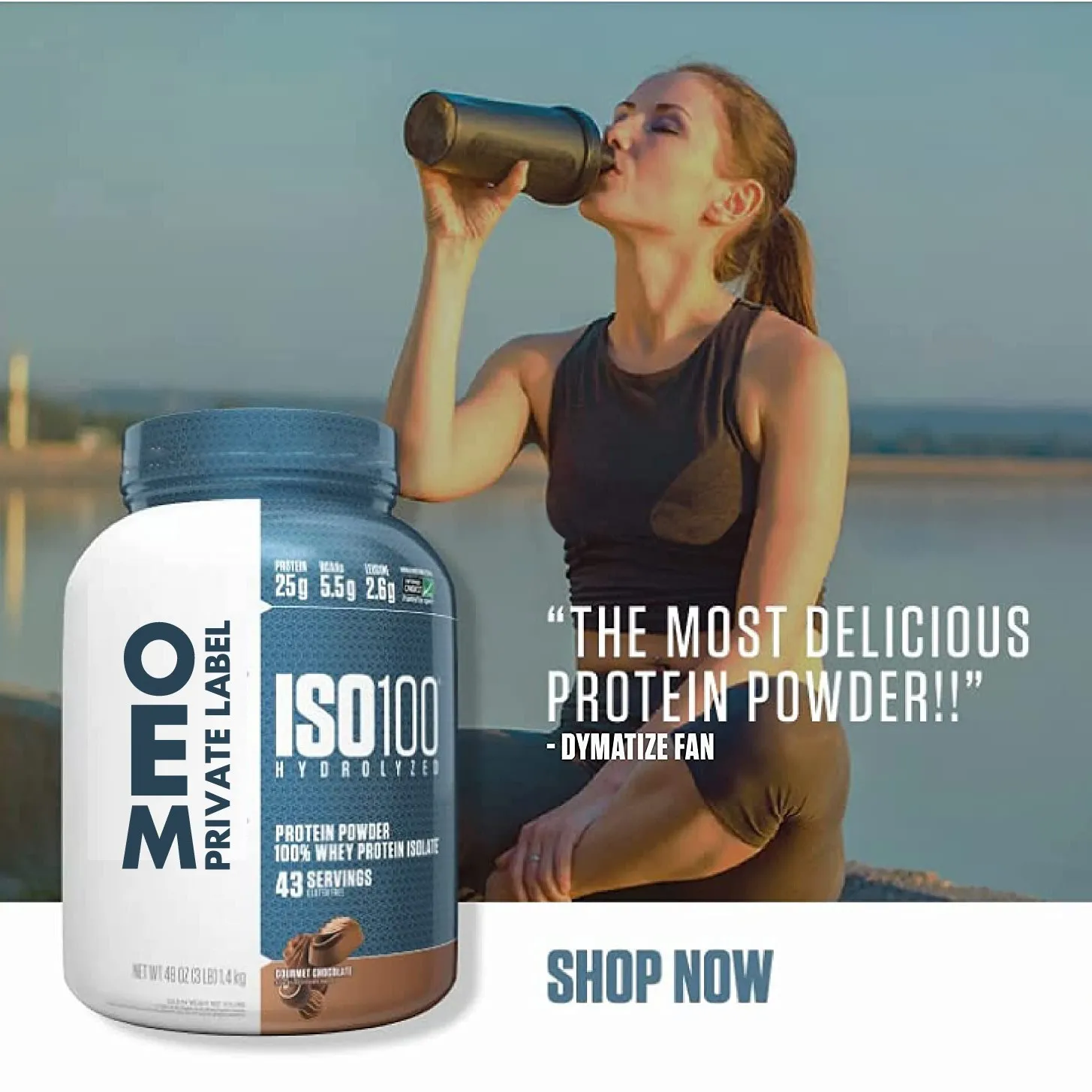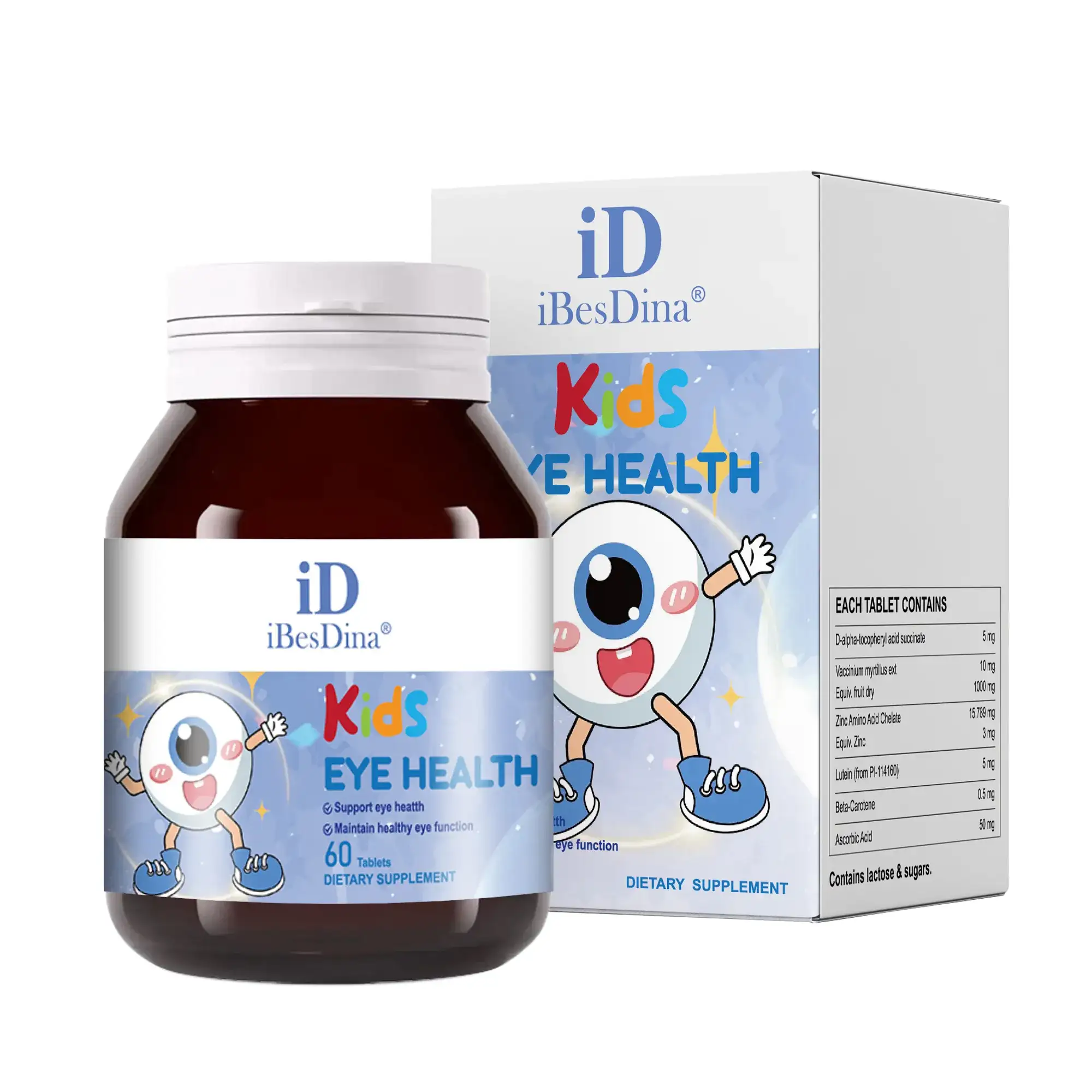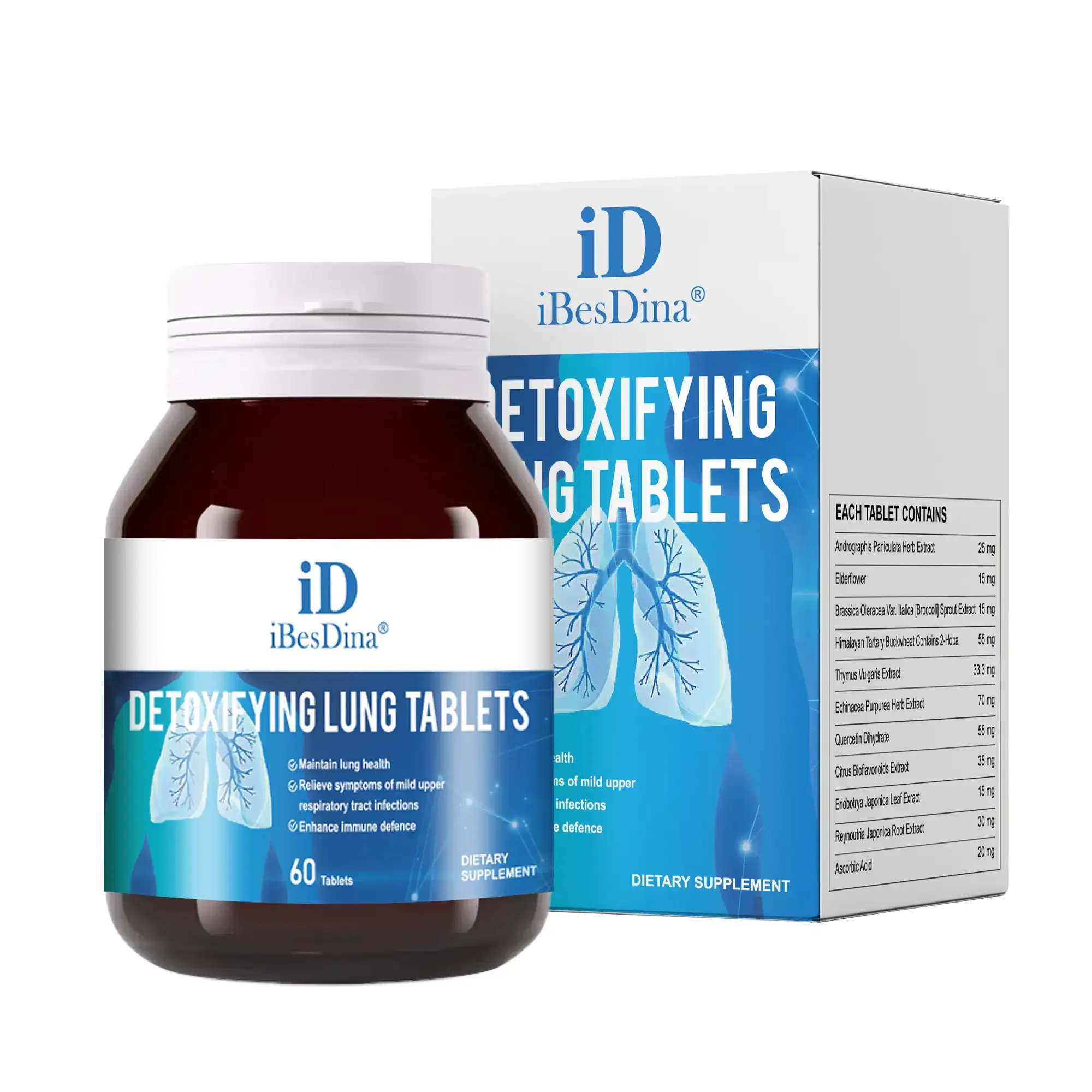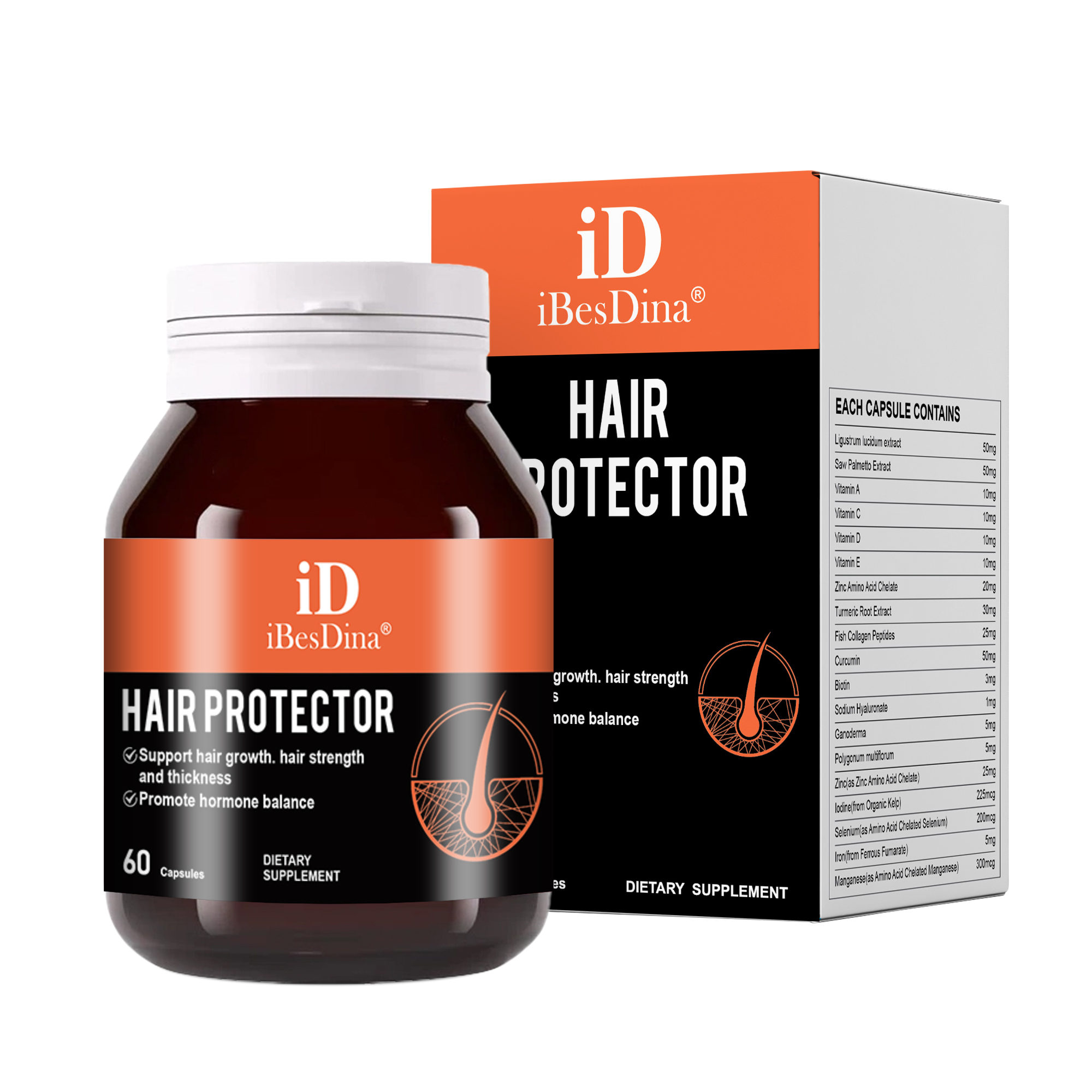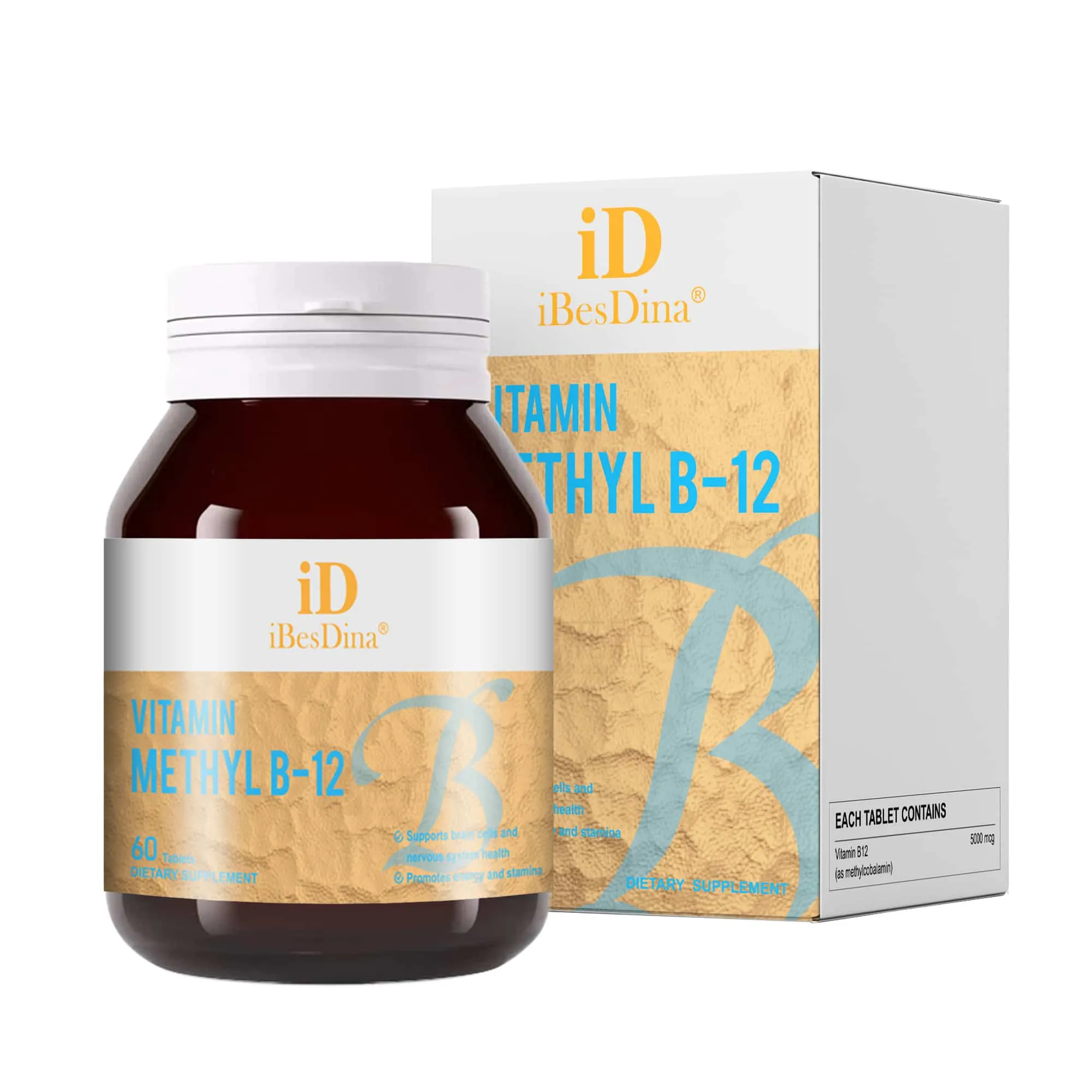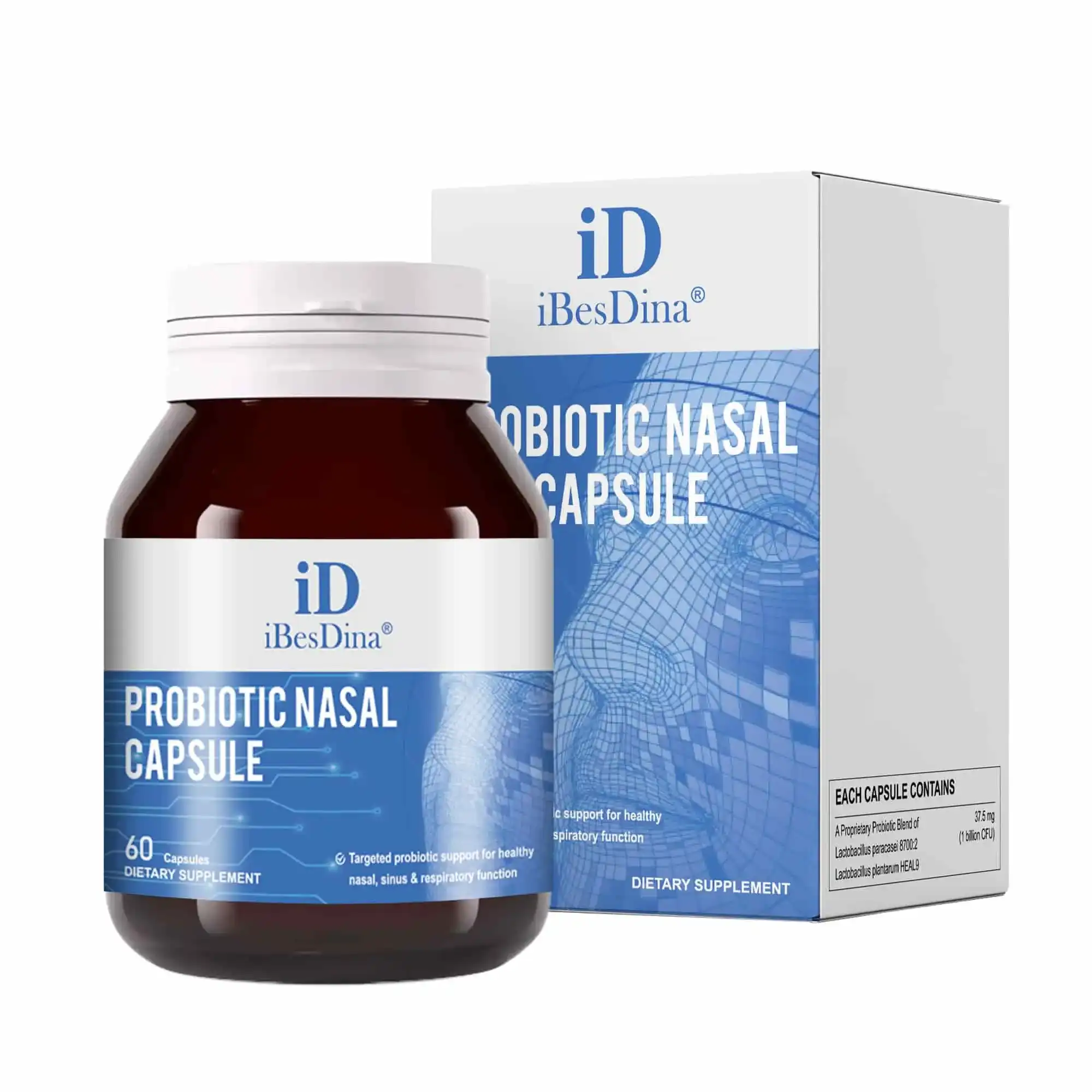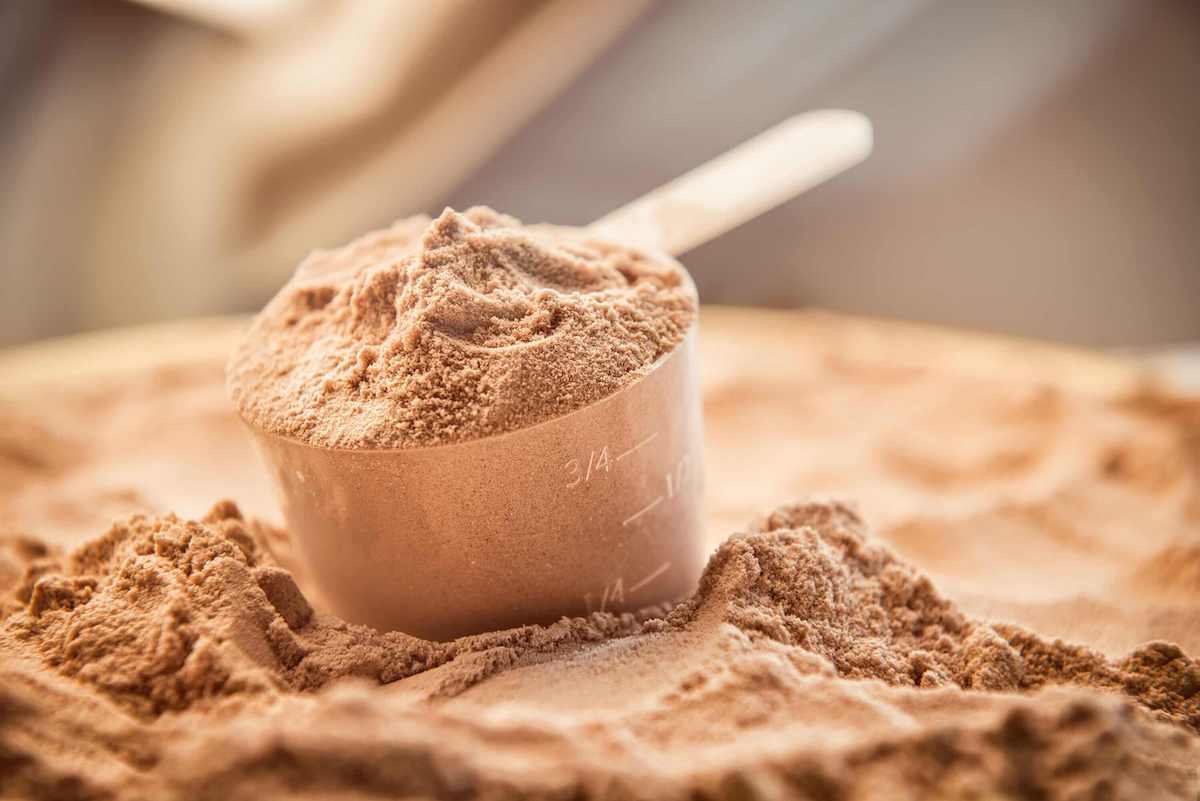
Within the field of exercise and nutrition, the name protein powder is synonymous. Be it for building up muscles, recovery processes after a session at the gym, or for one’s basic daily consumption of protein, people seem to rely heavily on the supplement factor attached to protein powder. However, there’s a common question that many people have when it comes to protein powder: Is protein powder a supplement?
Let’s delve deep into this question, have a look at the role protein powder plays in our diets, and how it fits into the broader category of supplements.
What is Protein Powder?
In most general terms, protein powder is a concentrated nutritional protein source derived from specific foods, usually whey, casein, soy, pea, and rice. It usually can be ingested as a shake or a smoothie and hence is rather easy to integrate into one’s diet. Being a key nutrient, it provides for the growth and development of muscles, heals tissues, and controls various functions in the general body and hence would need to be a part of our diet.

Protein Powder as a Supplement
Yes, protein powder would be considered a dietary supplement. A rule of thumb is that any dietary supplement generally means the product is intended to supplement the diet, not replace whole foods. Dietary supplements come in forms of vitamins, minerals, herbs, amino acids, and even proteins. Obviously, the protein powder does fall into that category due to the fact that it provides the body with a particular nutrient which is protein-concentrated and in convenient form.
Why Is Protein Powder Considered a Supplement?
Here’s why protein powder is considered to be a supplement:
- Convenience: One of the major reasons people take protein powder is due to the ease with which it is available. It’s an easier and quick way to increase protein intake without having to make and consume large volumes of protein-containing foods. For busy people, athletes, or those requiring protein due to diseases, protein powder becomes handy.
- Complementing a Balanced Diet: Protein powder is supposed to complement the intake of protein derived from food and not replace that intake. It’s supposed to fill in nutritional gaps that you might have if you cannot get your daily supply of proteins through whole foods. Be it a vegetarian, vegan, or someone who has higher protein requirements, protein powder helps to bridge those gaps.
- Targeted Nutritional Needs: Supplements of protein powder can enable one to reach a more specific nutritional target. For example, athletes and bodybuilders have to take in more protein than the average person to feed their muscles and help them grow. Protein powder provides one efficient way of meeting such increased requirements without having to consume large portions of meat, dairy products, or other foods high in protein.
Types of Protein Powder
Not all protein powders are created equal. Here are some common types:
- Whey Protein: Whey protein is among the most used and consumed type of protein powder out there. Whey protein digests very fast into the body and, therefore, is considered highly helpful in post-workouts for muscle recoveries.
- Casein Protein: Casein is a slow-digesting protein that’s better for providing an extended flow of amino acids over a period of time during long intervals without food intake.
- Plant-Based Proteins: Plant-based proteins would include those from plants, such as soy, peas, rice, or hemp. Many people who have diet restrictions or are vegan and vegetarian use these quite often.
- Egg White Protein: Made from the whites of eggs, this protein is low in fat and carbohydrates, and offers a high-quality protein source that’s rich in essential amino acids.
Is Protein Powder Necessary for Everyone?
While protein powder can be a great addition to a healthy diet, not everyone needs or wants the stuff. Most people can easily get all the protein they need from whole foods such as meats, fish, eggs, dairy products, legumes, nuts, and seeds. If one quite cannot get enough protein in through food alone-whether due to diet, medical condition, or lifestyle-protein powder can be a very useful supplement.
But do remember, protein powder should never replace whole, nutrient-dense foods. Whole foods can provide a full spectrum of other nutrients important for overall health, including vitamins, minerals, fiber, and healthy fats, not available through protein powders.
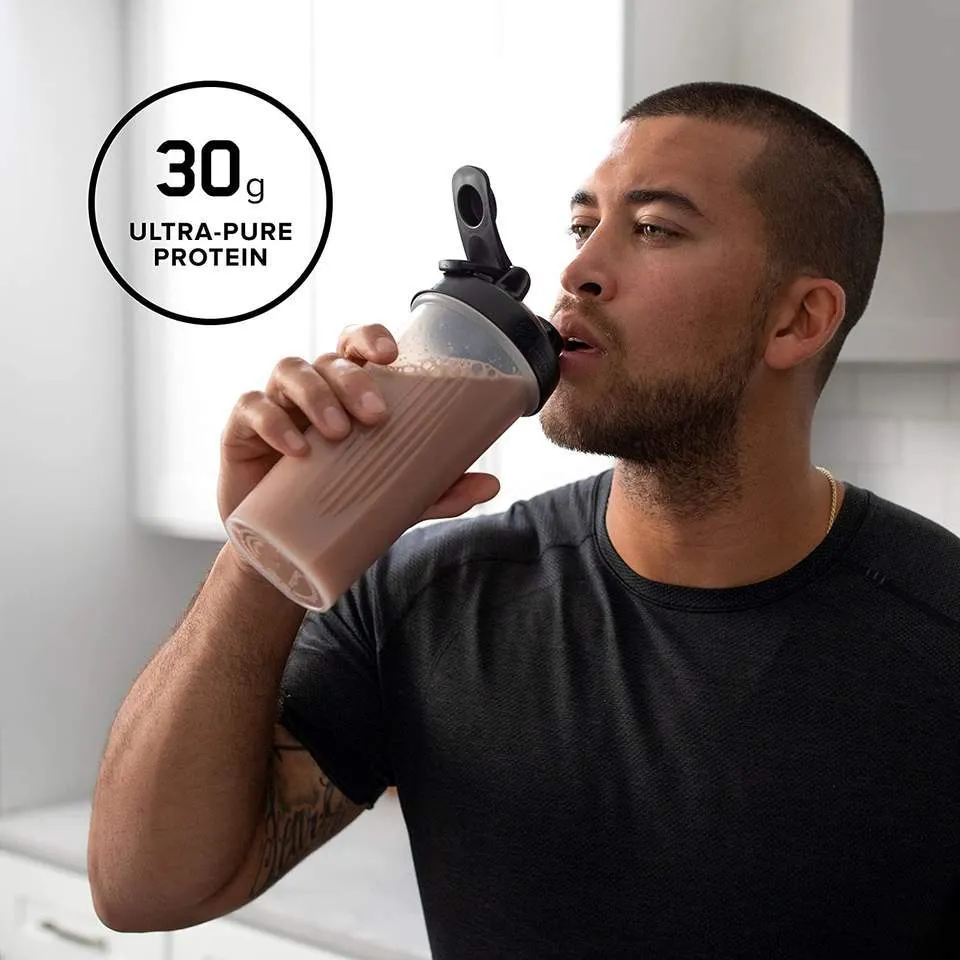
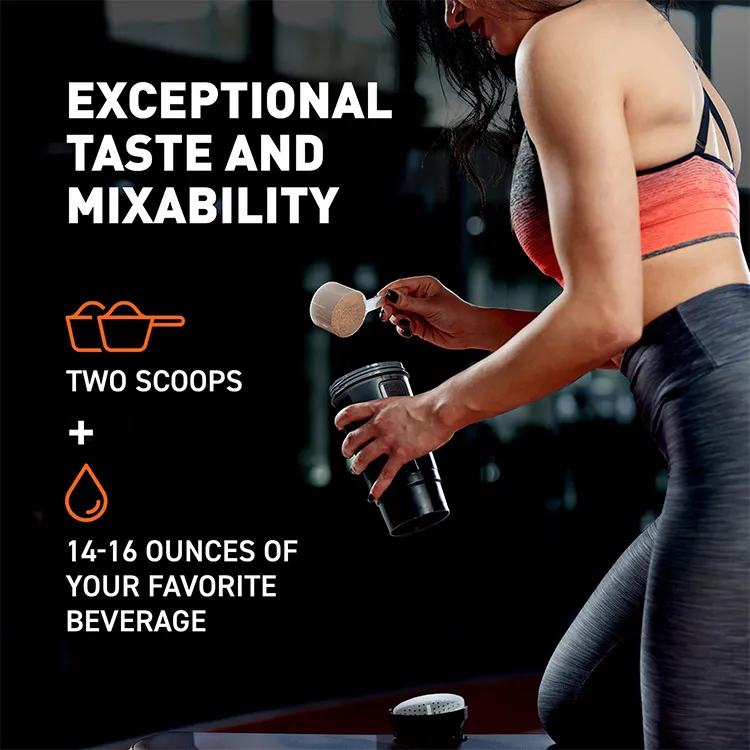
Benefits of Protein Powder
When used correctly, protein powder can offer a range of benefits:
- Muscle Building: Protein is essential for muscle growth and repair. After intense physical activity, protein helps repair muscle fibers and supports the growth of new muscle tissue. For individuals looking to build muscle mass or enhance athletic performance, protein powder can provide a convenient and efficient way to meet protein needs.
- Weight Management: Protein plays a key role in satiety, helping you feel full for longer periods. Consuming protein powder as part of a balanced diet can help prevent overeating and promote healthy weight management.
- Convenient Protein Source: Protein powder is particularly useful for people on the go. It’s easy to take with you and can be mixed with water, milk, or other beverages for a quick protein boost.
- Supports Immune Function: Protein plays a role in supporting the immune system, as antibodies and immune cells are made from proteins. Ensuring adequate protein intake can help maintain a strong immune system.
Potential Risks and Considerations
While protein powder can be beneficial, it’s important to be mindful of a few potential risks:
- Excess Protein: Consuming too much protein can strain the kidneys, particularly in individuals with pre-existing kidney conditions. It’s essential to consume protein powder in moderation and consult with a healthcare professional if you have any concerns.
- Quality of Protein Powder: Not all protein powders are created equal. Some may contain added sugars, artificial sweeteners, or other additives. Always check the ingredients list and opt for high-quality products with minimal additives.
- Lack of Other Nutrients: While protein powder provides a concentrated source of protein, it lacks other essential nutrients found in whole foods, such as fiber, vitamins, and minerals. It’s important to maintain a balanced diet that includes a variety of nutrient-dense foods.
Conclusion: Protein Powder is a Supplement
In summary, protein powder is a supplement that will be able to give you an easy and effective source of protein to help meet your nutritional needs, mainly for those who require an extra intake due to exercising, diets, or other factors. However, protein powder should be a supplement to the diet, not a replacement, and the ideal diet should contain a variety of complete nutritional sources.
If you are a corporate customer in search of a high-quality protein powder supplier, wholesale protein powder offered by Come Health will prove to be an ideal choice for you. More than the high-quality wholesale protein powder products, we design customized protein powder supplements to cater to the needs of your brand. Whether it’s about unique formulae, packaging design, or customized needs about any particular market, we can certainly offer personalized solutions to help in creating a unique protein powder brand.
Please feel free to contact us now for more about wholesale sourcing and customization services. Let Come Health help you meet market needs, provide high-quality protein powder products, and promote your brand development!

